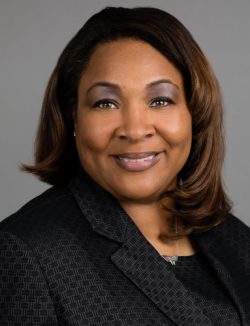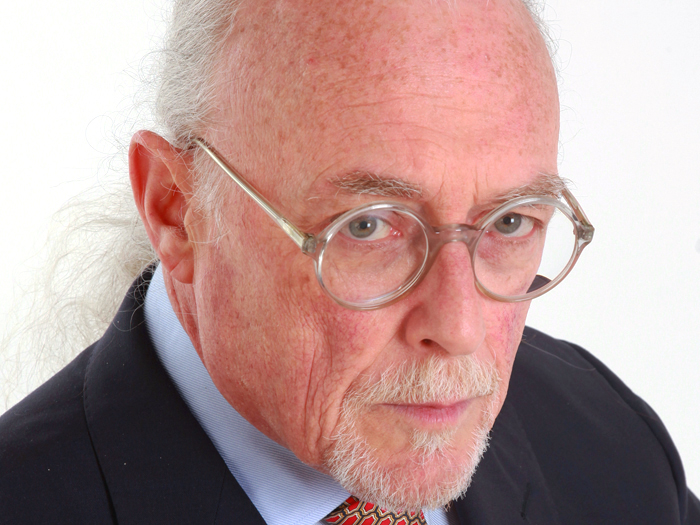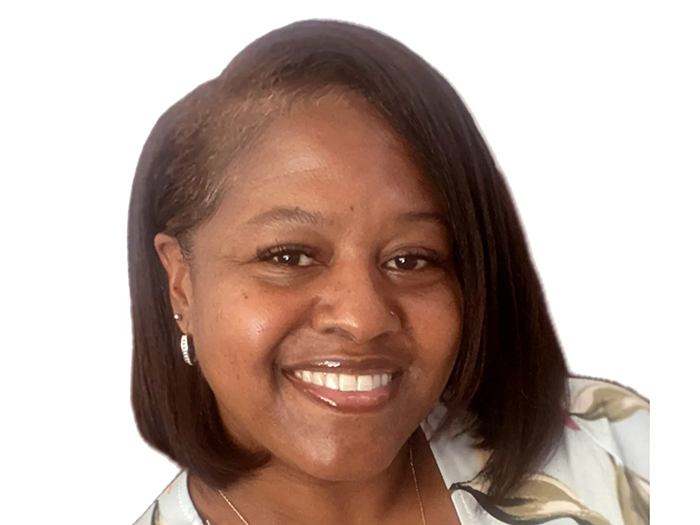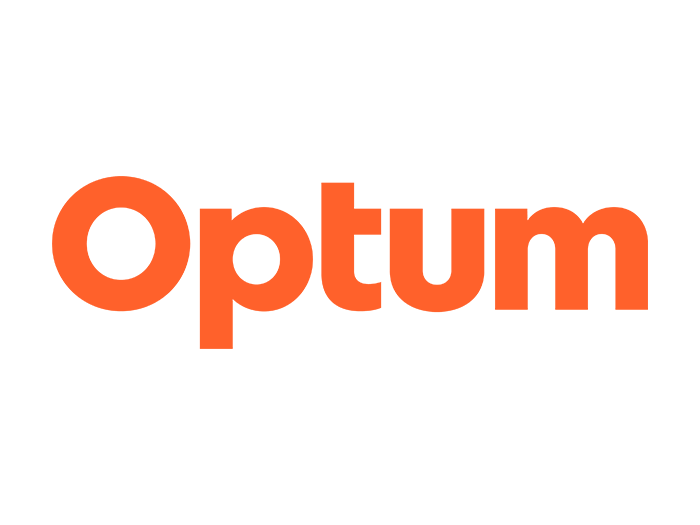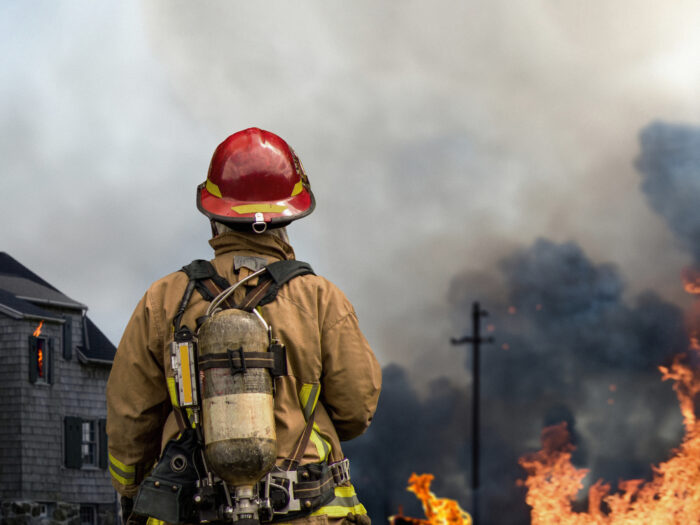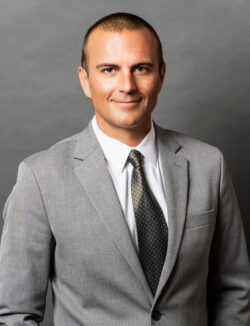Oklahoma Is Just the Beginning: A Look at the Litigation Tidal Wave Coming for Opioid Makers

It’s official. The ruling in the Oklahoma opioid trials is in and Johnson & Johnson will pay $572 million for its role in causing the state’s crisis.
In the closely-watched case, the state argued that Johnson & Johnson was a “public nuisance” whose misleading marketing of opioids contributed to the epidemic. Johnson & Johnson has said they will appeal the “flawed” ruling.
As opioid litigation gains steam across the country, the Oklahoma case has become a bellwether for future cases.
Prosecuting attorneys across the nation have been “watching and learning from the case Oklahoma assembled,” and defense attorneys “have been watching for vulnerabilities in that case,” Carl Tobias, a law professor at the University of Richmond in Virginia, told CNN.
Other legal experts concur that many defendants adopted a “wait-and-see” approach to the case in Oklahoma before deciding how to move forward with their own lawsuits
“Everyone has now seen what the judge in Oklahoma did, and I’m sure all these defendants are taking stock of how many lawsuits are [they] already engaged in. How many could be coming down the pipeline?” said Rachel York Colangelo, national managing director of jury consulting, Magna Legal Services.
“Some of the cases have already settled and settled for about half of what this verdict against Johnson & Johnson was. Those defendants are probably feeling pretty good about their settlements right about now.”
While $572 million is a blip for Johnson & Johnson — the company’s stock rose by more than five percent during aftermarket trading following the ruling — this case proved that pharmaceutical companies should be concerned, especially since opioid liability seems to be a perfect formula for massive settlements.
Rulings, Settlements and Decisions to Keep on Your Radar
With nearly 2,000 cases involving cities, counties, communities and tribal lands headed for federal trial this fall and 46 other states with pending cases against drug makers, it’s easy to get lost in opioid litigation. Below are the rulings, settlements and decisions you need to know:
In March, Purdue Pharma, the maker of oxycontin, settled with the state of Oklahoma for $270 million.
Two days before the Oklahoma trial began, Teva Pharmaceuticals reached an $85 million settlement with the state, leaving Johnson & Johnson to take the case to a bench trial where a judge handed down the half-billion-dollar verdict.
These settlements and the Oklahoma verdict are relatively small compared to what the state asked for during the trial. According to the L.A. Times, the state requested $17 billion to pay for the 30-year cost of cleaning up the epidemic.
It’s not just drug makers that are getting caught up in the litigation. Pharmacy benefits managers (PBMs) are also getting pulled in. A July 2019 judge’s order in Webb County, TX required the country’s three largest PBMs to alter their formulaires so that they align with CDC guidelines regarding opioid prescriptions.
Joanne Cicala, the lead counsel for Webb County, is also representing over 50 Virginia municipalities in cases relating to the epidemic, and PBMs are set to be included in their litigation. In Missouri, 20 counties have adopted Cicala’s theories about PBMs into their complaints.
As the litigation continues, all eyes will be on the massive trail headed for federal courts in Ohio this October. Nearly two dozen opioid makers, distributors and retailers stand in the crosshairs of the 2,000 cases that are part of this trial.
Purdue Pharma has already offered between $10 billion and $12 billion to settle these cases, the Guardian reports. The settlement caused the company to file for Chapter 11 bankruptcy, and it could require the Sackler family, the owners of Purdue Pharma since the 1950s, to contribute $3 billion.
In the terms of their bankruptcy filings, Purdue included a proposed settlement for the more than 2,600 federal and state lawsuits filed against them.
These filings are expected to be contested by several states, led by New York and Massachusetts, that have refused to settle with the company. They believe the settlement doesn’t hold the company or members of the Sackler family accountable.
“After ravaging communities across the country and making billions off oxycontin sales, their proposed settlement likely wouldn’t require the Sacklers to pay back a dime of the money they made from Oxycontin sales over the past few decades,” Massachusetts State Attorney General Maura Healey wrote in an opinion piece for the Washington Post.
“Instead, they’re offering payments generated from future sales of oxycontin, as well as an estimated $3 billion from the sale of their company Mundipharma. It’s a ploy that’s offensive to families who have lost loved ones to this epidemic.”
Looking Towards the Future
Litigation over opioid liability is unlikely to end anytime soon as many people are still trying to pinpoint a scapegoat for the rise in addiction and overdose deaths.
Given the epidemic’s devastating effects on communities across the U.S., it’s no wonder that many legal professionals expect jury trials to be influenced heavily by emotion.
“Even though we want a fair impartial jury, not every juror is going to say that they can’t be fair and impartial. And some may even find themselves on the jury just so that they can find some type of vindication for losing a loved one, or someone they know that has that has been impacted by the drug industry,” said Tanya Branch, partner at Quintairos, Prieto, Wood & Boyer, P.A.
As litigation continues, insureds are likely to see an increase in product liability premiums, and many companies may settle to avoid the significant reputational damage that often comes with the storm of media coverage that surrounds these trials.
These factors may push pharmaceutical companies towards global settlements.
“When you’re talking, again, in terms of billions of dollars and huge negative publicity, I think that we’re going to see a trend towards very large settlement amounts so that some of these companies can kind of get out of the public eye and move on and restrategize as companies,” Colangelo said.
“My expectation is that after the Oklahoma verdict many of the pharma defendants are going to attempt global settlements.”
In the midst of this pending litigation storm, pharmaceutical companies can take action to mitigate some of the risks that come with both trials and public lawsuits.
Colangelo recommends that defendants conduct as much research as they can before settling or going to trial.
“In order to determine whether there are arguments that could appeal to a judge and or jury, these companies should be doing all the research they can,” she said.
“And when I say research I mean attitude surveys, focus groups, mock trials — whether it’s a bench trial or a jury trial — to test out some of their legal arguments and defenses and see what kind of traction they get.”
Branch suggested that defendants remind juries and communities that, when used appropriately, opioids can help people with debilitating, painful conditions, such as some types of cancer.
“I think pharmaceutical companies have to show, statistically, how their products are used for good,” Branch said. “If a doctor treats a patient for cancer … a cancer that’s very debilitating, and oxycodone helps the pain, then the drug company that’s creating that drug is doing good.”
Branch pointed out that continued fines could prevent some patients with severe, debilitating pain from getting medication that they say they need.
“If you keep fining the companies that are making these medications because others are addicted to it, then you punish those who really need it, and those who are responsibly prescribing the medication,” she added. &


